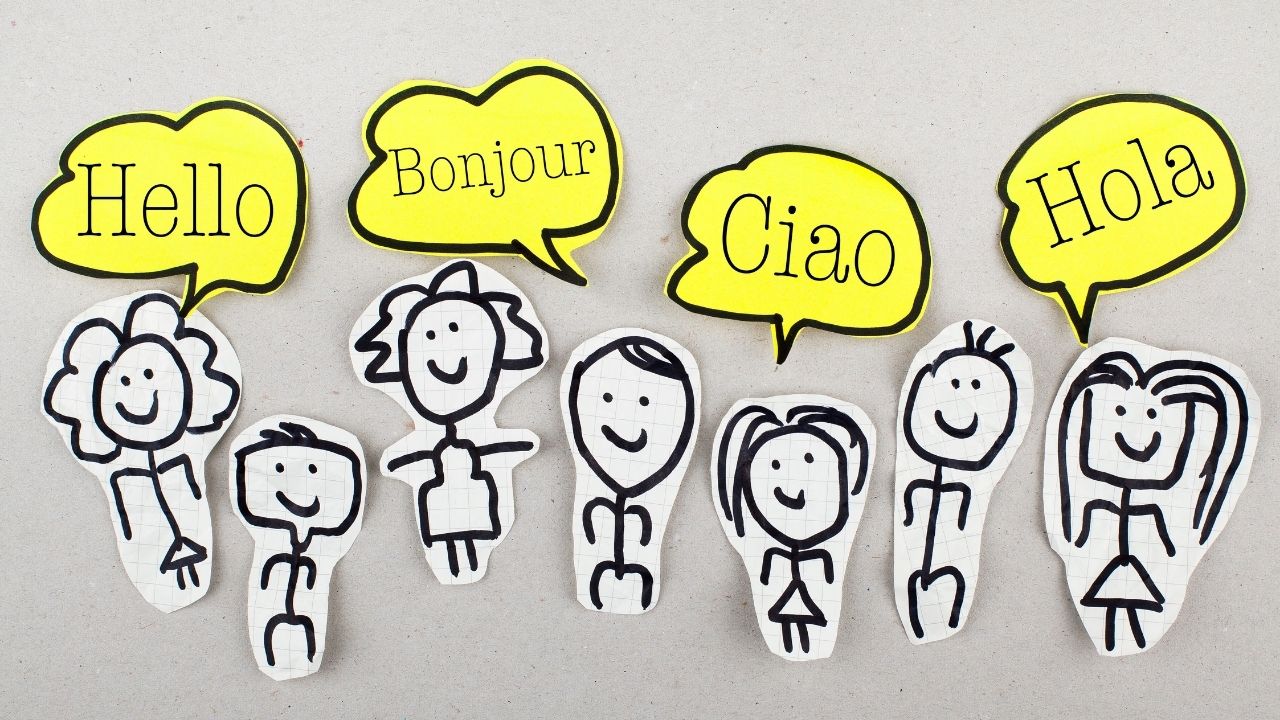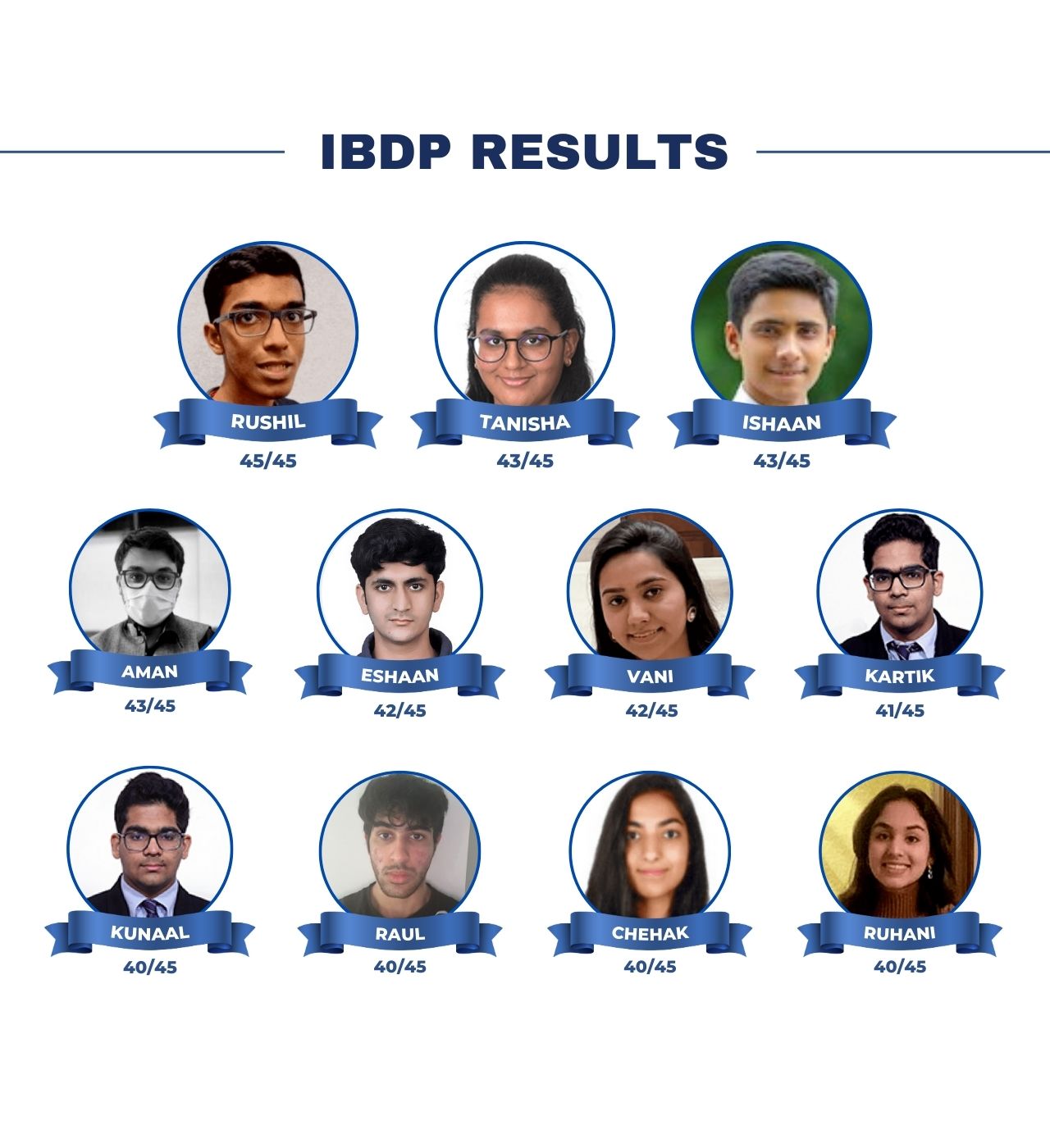Table of Contents
Introduction
Welcome to the captivating world of language diversity! From the melodious tones of Mandarin to the rhythmic beats of Spanish, our planet is brimming with a myriad of languages that are as vibrant and varied as the cultures they represent. In this blog post, we will delve into the enchanting tapestry of different languages, celebrating their power to connect people across borders and foster a deeper understanding of our global community. So grab your linguistic passport and join us on this exhilarating journey through words, expressions, and communication styles from around the world!
The Different Types of Languages
When we think of language, many of us automatically imagine our native tongue. But did you know that there are over 7,000 languages spoken around the world today? That’s right – a staggering number of diverse ways to communicate and express ourselves!
Languages can be classified into different types based on various linguistic factors. One way is by their family or origin. For example, Indo-European languages include English, Spanish, Hindi, and Russian. On the other hand, Sino-Tibetan languages encompass Mandarin Chinese and Tibetan.
Another classification is based on language structure. This categorization includes analytical languages like Vietnamese where words don’t change much in form for different grammatical functions. In contrast, inflectional languages such as Latin or German indicate grammatical relationships through word endings.
Furthermore, some languages use tonality to convey meaning while others rely solely on word order or context. Tone-based languages like Mandarin utilize pitch variations to differentiate words with similar sounds but distinct meanings.
Each type of language offers its own unique set of challenges and beauty! From tonal intricacies to complex grammar systems – it’s an endless source of fascination for linguists.
So whether you’re captivated by tonal Asian tongues or mesmerized by the romance of Latin-based ones – exploring the diversity within each type will open up a whole new world for you! Language truly knows no bounds when it comes to creativity and expression!
The Importance of Language Diversity
Language diversity plays a vital role in our global society. It encompasses not only the different languages spoken around the world but also the rich cultural heritage and traditions tied to each language. The importance of language diversity cannot be overstated, as it fosters understanding, inclusivity, and empathy among individuals from diverse backgrounds.
Language diversity allows for effective communication between people who speak different languages. When we encounter someone who speaks a different language than us, we may feel disconnected or isolated. However, by embracing language diversity and learning to communicate in various languages, we bridge gaps and build connections with others.
Moreover, language diversity is crucial for preserving cultural identities. Each language carries unique expressions, customs, stories, and histories that are passed down through generations. By celebrating language diversity, we ensure that these valuable aspects of culture are preserved and appreciated.
Furthermore, understanding multiple languages can enhance cognitive abilities such as problem-solving skills and memory retention. Studies have shown that bilingual individuals exhibit greater mental flexibility when confronted with challenging tasks.
In addition to these cognitive benefits, being multilingual opens up opportunities for personal growth and career advancement in an increasingly interconnected world. Companies value employees who can effectively communicate across cultures and expand their businesses globally.
Finally yet importantly , embracing language diversity promotes tolerance in society by breaking down stereotypes and fostering mutual respect among individuals from different linguistic backgrounds . It encourages us to celebrate our differences rather than fear them , leading to more harmonious coexistence.
In conclusion , Language Diversity has immense significance in today’s world . From promoting effective communication to preserving rich cultural heritage , it plays an integral part in creating a more inclusive global community . Embracing this linguistic richness brings numerous benefits personally , professionally as well as socially .
The Different Ways to Learn a Language
One of the fascinating aspects of language is that there are numerous ways to learn it. From traditional classroom settings to immersive experiences, each method offers its own unique benefits and challenges.
One popular approach is taking formal language classes. This structured environment allows learners to receive guidance from trained instructors who can provide valuable feedback and support. Additionally, being surrounded by peers with similar goals fosters a sense of camaraderie and motivation.
For those looking for more flexibility, online language courses have become increasingly popular. With virtual classrooms and interactive resources, learners can engage with the material at their own pace and in the comfort of their own homes. Online platforms often offer a wide range of languages to choose from, making it easy to find the perfect fit for your interests or travel plans.
Another effective way to learn a language is through immersion programs or living abroad. By surrounding yourself with native speakers and immersing yourself in the culture, you’re forced to communicate in the target language on a daily basis. This intensive experience accelerates learning by providing constant exposure and opportunities for practice.
Self-study methods such as using apps, textbooks, or audio resources can also be highly effective for motivated individuals who prefer independent learning. These resources allow learners to tailor their studies according to their specific needs and preferences.
Finding the right method depends on individual learning styles and goals. Some may thrive in a classroom setting while others prefer self-guided study or immersive experiences abroad. The key is finding an approach that keeps you engaged, motivated, and consistently practicing your newfound linguistic skills!
The Benefits of Learning a Foreign Language
Learning a foreign language is not only an enriching experience but also comes with numerous benefits. It opens up doors to new cultures and perspectives. When you learn another language, you gain insight into the customs, traditions, and values of different societies. It allows for greater empathy and understanding towards people from diverse backgrounds.
Learning a foreign language enhances your cognitive abilities. Numerous studies have shown that bilingual individuals tend to have improved memory, problem-solving skills, and mental flexibility. This can positively impact other areas of your life as well.
Moreover, being proficient in a second language can greatly enhance career prospects. In today’s globalized world, employers value individuals who can communicate effectively across borders. Being able to speak multiple languages makes you more marketable and increases job opportunities both at home and abroad.
Additionally, learning a foreign language provides personal growth opportunities. It boosts self-confidence as you navigate through unfamiliar terrain by overcoming linguistic barriers. It pushes you outside your comfort zone and encourages personal development.
Knowing another language enables better travel experiences when visiting foreign countries or interacting with locals in multicultural communities closer to home. Speaking the local tongue allows for deeper connections with people while exploring new destinations.
The Challenges of Learning a Foreign Language
Learning a foreign language can be an exciting and rewarding experience, but it is not without its challenges. One of the biggest obstacles that learners face is overcoming the fear of making mistakes. It can be intimidating to speak in a language you are still learning, especially when you worry about being misunderstood or sounding foolish.
Another challenge is grasping the nuances and cultural context of the new language. Language is deeply intertwined with culture, so understanding idioms, slang, and social cues requires more than just memorizing vocabulary and grammar rules. Immersing yourself in the culture through books, movies, music, or even traveling can help bridge this gap.
Additionally, maintaining consistency and motivation throughout the learning process can be difficult. It takes time and effort to become proficient in a foreign language, so staying committed even when progress feels slow can be challenging. Finding ways to stay motivated such as setting achievable goals or joining language exchange groups can make this journey more enjoyable.
Furthermore, different languages have their own unique structures which may differ greatly from your native tongue. Learning these new structures can feel overwhelming at times as they require adjusting your way of thinking and communicating.
Also Read : How Long Does It Take to Get a Master’s Degree? Navigating the Path to Advanced Education
Conclusion
The diversity of different languages is something to be celebrated and cherished. Language is not just a tool for communication but also a reflection of cultural identity and heritage. The world is filled with an incredible array of languages, each with its own unique characteristics and nuances.
Learning a foreign language can open up new doors and opportunities in both personal and professional spheres. It allows us to connect with people from different cultures on a deeper level, fostering understanding and empathy. Moreover, being multilingual has numerous cognitive benefits such as improved memory, problem-solving skills, and creativity.
Although learning a foreign language may present challenges along the way, it is ultimately a rewarding journey that broadens our horizons. With dedication, practice, and immersion in the target language’s culture, anyone can become proficient in another language.
So let’s embrace linguistic diversity by taking the initiative to learn different languages ourselves or encouraging others to do so. By doing this, we contribute to building bridges between diverse communities worldwide while nurturing our own personal growth.
Remember: every word spoken or written in any given language carries within it centuries of history, culture, emotions – all waiting to be discovered! So why not embark on your own linguistic adventure today? Start exploring the fascinating world of different languages!








